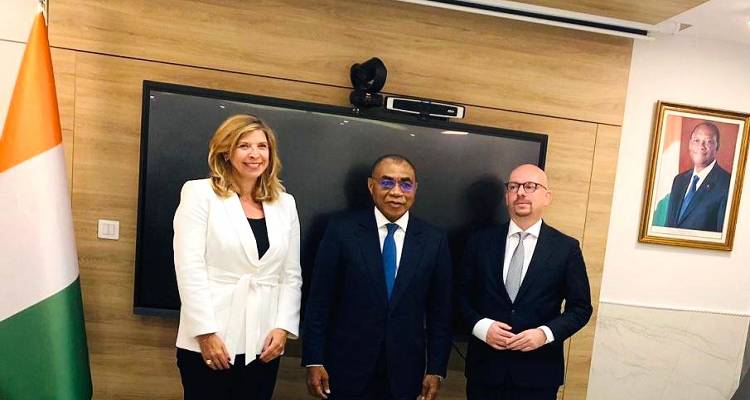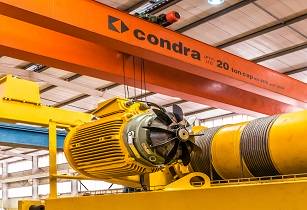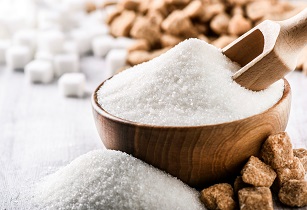The South African government will continue to work with the steel industry towards averting job losses in the sector
To this end, the government has put in place measures to save the steel industry from collapsing. This emerged when officials from the Department of Trade and Industry (the dti) briefed the Portfolio committee on Trade and Industry on the status of the steel industry and interventions that government is deploying to assist the industry stay afloat.
“Both demand and supply measures have been deployed to assist the entire value-chain to cope with the global steel glut,” said Thandi Phele, chief director of Capital Equipment and Metals.
Dr Umeesha Naidoo, acting chief director of Primary Minerals Processing at the dti, told members of parliament that since the onset of the crisis in 2015, the government has established a task team which intervened to save the steel industry from threat of closure and loss of capacity.
“Following the establishment of the task team, there are numerous short to medium term measures that have been put in place to support the steel industry. These include an increase in the general rate of customs duty on primary steel products to 10 per cent and safeguard measures for a period of three years on hot rolled coil and plate products. Secondly, there are tariff increases on a range of downstream products and the deployment of rebates where primary steel products are not locally manufactured,” said Naidoo.
She added that further work is currently being undertaken with South African Receiver of Revenue (SARS) and the International Trade and Administration Commission (ITAC) on circumvention and the development of a reference price model for steel products as imports continue to threaten the viability of the steel industry.
Naidoo also said that there was an agreement on a set of principles for flat steel pricing in the country that is priced appropriately to ensure that steel-dependent industries are competitive. This is also aimed at ensuring that the upstream steel mills remain sustainable.
Phele discussed the demand side measures where a number of steel-intensive downstream products have been designated for local content and production to take advantage of public procurement and expenditure. Monitoring and evaluation of the designations need to be improved to fully realise the impact of this policy tool.
“Government has also established a US$110mn steel development fund to support key downstream steel sectors and sub-sectors,” added Naidoo.





































